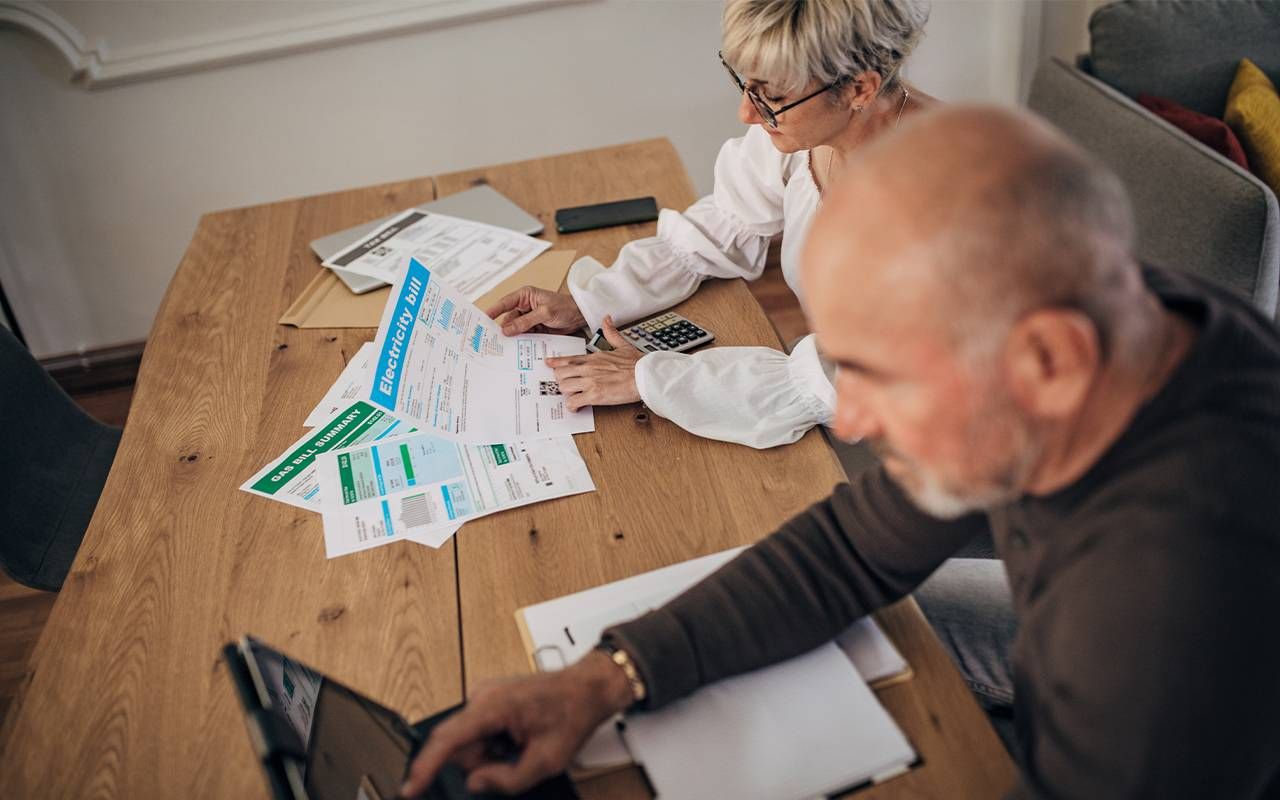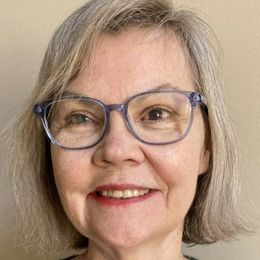Time to Shake Up Your Savings?
Not all 'high-yield' accounts have kept pace with rising interest rates, so it may pay to shop around
Once again, the market is moving, the year is ending and forecasters are telling you what will (maybe) happen next year. It's tempting to shake things up with your money, especially if returns have been disappointing. And it might be time.

But the markets may not be the best place to make changes, particularly if your long-term goals have not changed. Chances are, your plain-vanilla savings account also has been letting you down — and that is easy to fix.
"Analysis paralysis," or reluctance to switch away from an account that's connected to your checking account can keep people from moving their savings.
While the Fed has set the federal funds target rate between 5.25% and 5.50%, the national average annual percentage yield (APY) for savings accounts was an anemic 0.57% in early December, according to Bankrate. The federal funds rate is the rate commercial banks charge one another when they lend their excess reserves overnight. The annual percentage yield is the interest rate your bank pays you.
High-Yield Accounts with Low Yields
It's not hard to earn more than 0.58%, and you don't have to choose a bank you've never heard of, says Kelley Long, a Certified Financial Planner and Certified Public Accountant. She says "analysis paralysis," or reluctance to switch away from an account that's connected to your checking account can keep people from moving their savings. (And if you haven't opened a new account lately or worry about what it's like to do so online, Long says anyone who can use Facebook can open an account online. It's that easy.)
Until inflation accelerated and interest rates started climbing, there was little consequence for paying no attention to the interest rate banks paid on savings accounts. Just about everything was well under 1%.
Now, that's not the case.
"Don't make the assumption that your bank always has your best interests in mind."
The Fed's moves to contain inflation seem to be largely working (the annual inflation rate slowed to 3.1% in November from 3.7% in September), and savers may have an unexpected — and probably limited — opportunity to safely earn north of 4.00% on their money, often with little effort. Some CD terms are above 5%.
"But don't assume that's what you're getting," cautions Jeff Rose, a Certified Financial Planner and founder of GoodFinancialCents.com in Carbondale, Illinois. He says he is still seeing banks paying under 0.50% on their "high-yield" savings. "So just be aware, and don't make the assumption that your bank always has your best interests in mind."
Paying Attention Can Pay Dividends
A quick glance at two institutions where I have accounts showed one had a money market account that pays 0.45% — if you have at least $50,000 in your account. Another, an online bank, pays 4.4%, with no minimum balance requirement. If I have a $50,000 emergency fund, I will get an annual interest payout of about $22.50 at the first place and $2,200 at the second. Deciding where to keep my emergency fund was simple.
And, of course, money markets are not the only choices. If you don't expect to need immediate access to your money, CDs, I-bonds and government-backed Treasury securities offer opportunities to lock in higher rates at varying maturities.
Those still don't beat the typical, average return of the stock market, though, and they may not keep up with inflation. So, you don't want to put all your money there.
You do need a long-term strategy that includes having a plan for what you will do at those times the markets inevitably have a down year.
Mary Ballin, a Certified Financial Planner and Certified Divorce Financial Analyst at Perigon Wealth Management in San Francisco says rebalancing your retirement account will maintain a risk level that suits you.
"You need to sit down with somebody if you don't feel comfortable doing it yourself," she advises, "and make sure that what you think is going to happen is actually what's going to happen."
Ballin also urges clients to set aside some cash in an emergency fund. Ideally, people should have enough savings to cover three to six months of routine expenses — housing, food, utilities and medical care.
For Some, Less Risk Makes Sense
Avoid tapping your retirement savings unless absolutely necessary. You will have to pay income taxes on funds withdrawn from traditional IRAs (and an additional 10% early-withdrawal penalty if you are aged 59½ or younger).
For those well-thought-out investment strategies, this may well be a time to wait it out — to do nothing despite a couple of years of market returns that were most likely not as good as interest on a (truly) high-yield savings account would have been.
"If you've won the game, you don't need to take as much risk."
The other case for tweaking your investments? If you're at or ahead of the amount that spells financial independence. "If you've won the game, you don't need to take as much risk as if you have a long way to go to get to financial independence," says Allan Roth, founder of Wealth Logic, an investment advisory and financial planning firm in Colorado Springs.
He's built a 30-year ladder with Treasury Inflation-Protected Securities (TIPS), a proposition suggested to him by a reader. A ladder is a portfolio of bonds that mature on different dates, to provide some protection from moves in interest rates. Simple, but not easy. Still, it is theoretically a way to get a certain minimum interest rate on part of your investments.
Actual interest rates are going to vary, depending on what kind of account you choose, the maturity and investment amount. But if you're getting anything less than 4% (Long's benchmark) on money that you've parked at a financial institution, it's time to find a different parking space.

mother of two adult children and lives in Georgia with her husband, cockapoo
and calico. Read more of her work at bevoshea.com. Read More

